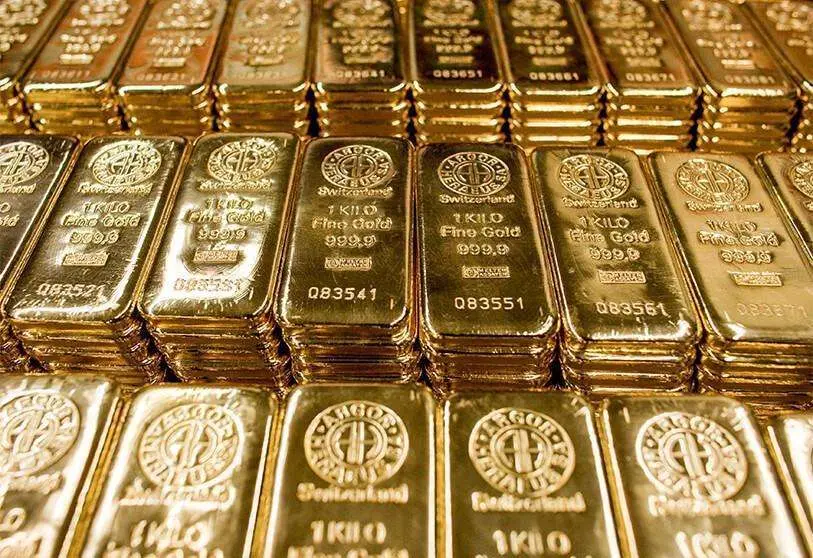Gold and inflation

We live in times of inflation. The US dollar, euro, Chinese renminbi, the British pound and all other currencies in the world represent unbacked paper money, or fiat money. They are created “out of nothing” through central bank and commercial bank credit expansion. The relentless increase in the quantity of fiat money leads to inflation, the loss of money’s purchasing power. The latter is well documented in rising consumer goods and/or asset prices – such as, for instance, rising prices for stocks, bonds, real estate, art etc.
Over the past decades, consumer goods price inflation has been on the decline in most major economies worldwide. Asset price inflation, however, has been driven higher. Taken together, there is good reason to believe that overall inflation of prices of goods was well above the official rise in consumer price indices. In other words: The loss of purchasing power of fiat monies was presumably (much) higher than people think. Fortunately, the monetary policy consequences of dealing with the coronavirus crisis may well become an eye-opener.
Not only did central banks slash interest rates to basically zero per cent, but they also increased the money supply significantly. Monetary inflation was, and still is, considered the policy of the least evil. It helps keep financially struggling governments and banks afloat, and it also makes it possible to cover up the disastrous effects of the forced standstill in economic activity. New money is printed and paid out to people who have lost their jobs and firms that had to cease operations.
The chances that things will return to normal anytime soon are relatively slim. Once monetary inflation has begun, it gets harder and harder to stop it. Governments like the ability to run into debt at extremely low borrowing costs; firms whose sales (at least initially) benefit from increased nominal demand wouldn’t want the central bank to take away the punch bowl; nor do private consumers who (at least initially) enjoy high levels of consumption on easy credit; the same applies for financial markets, as the low interest rate environment is driving asset prices up.
In other words: It is unlikely that central banks will act, i.e. put an end to their inflationary policies, before the costs of price inflation materialise, meaning they will not change course before the damage is done and becomes increasingly obvious. However, even then, a return to a stricter monetary policy is by no means a done deal, as the overall indebtedness has reached new highs: The Institute of International Finance (IIF) estimates that the total global debt has reached 289 trillion US dollar in the first quarter of 2021, that is 360 per cent of the global gross domestic product.
In fact, the sky-high level of global debt has severely limited the degree of freedom of central banks’ monetary policy. All the more so since in the course of an inflation policy, the benefits (preventing state and bank defaults, maintaining an illusory boom etc.) come first, and the costs of an inflation policy (rising prices, malinvestment, public outrage etc.) appear later. So, given current developments, it is very likely that soaring inflation will become a rather serious problem, especially for money holders.
Holding physical gold (and some physical silver) is a strategy to protect yourself against the devaluation of fiat currencies. The amount of gold cannot be increased based on political expediency. Its exchange value cannot be reduced through central banks’ money-printing schemes, and it does not carry a default or counterparty risk as bank deposits do. Gold is a time-tested kind of “sound money”. Given the growing uncertainties surrounding economic and financial developments around the world, holding at least some physical gold makes a lot of sense.
Thorsten Polleit. Chief Economist at Degussa


